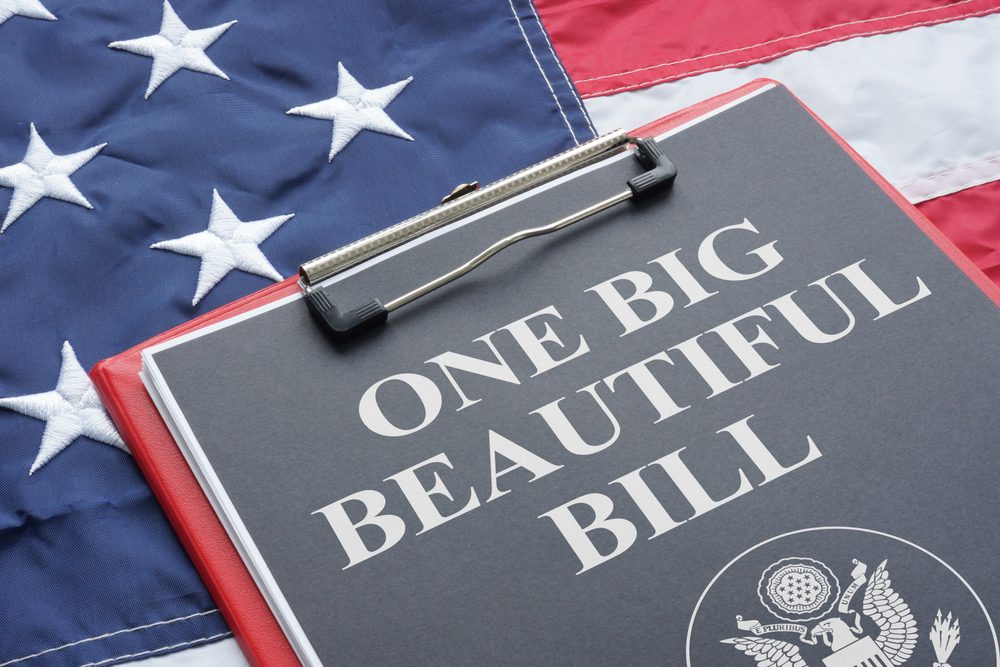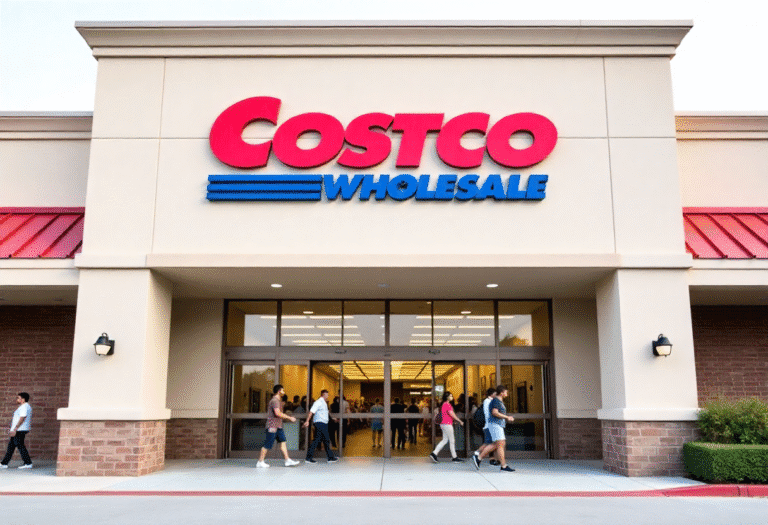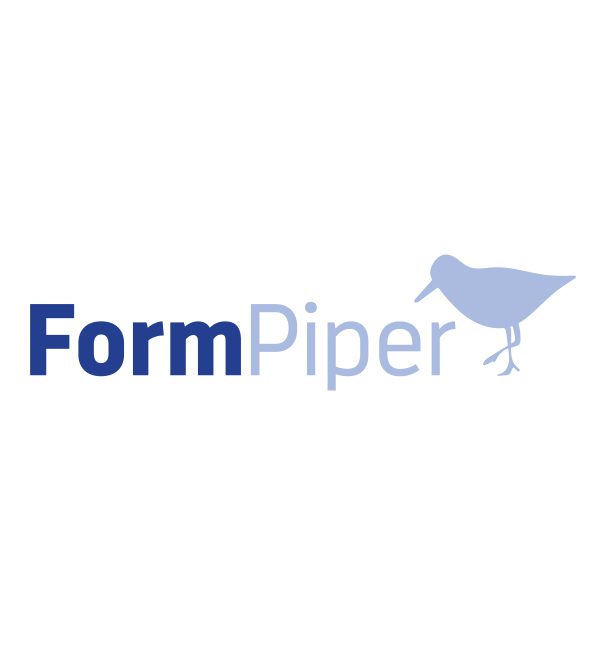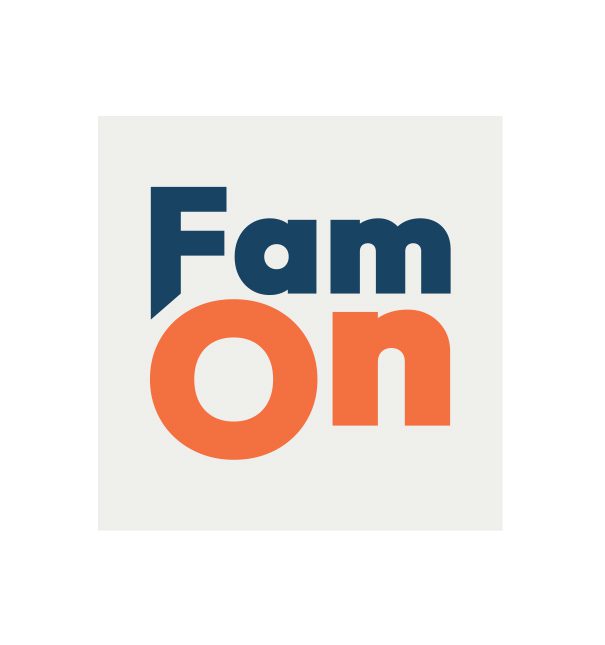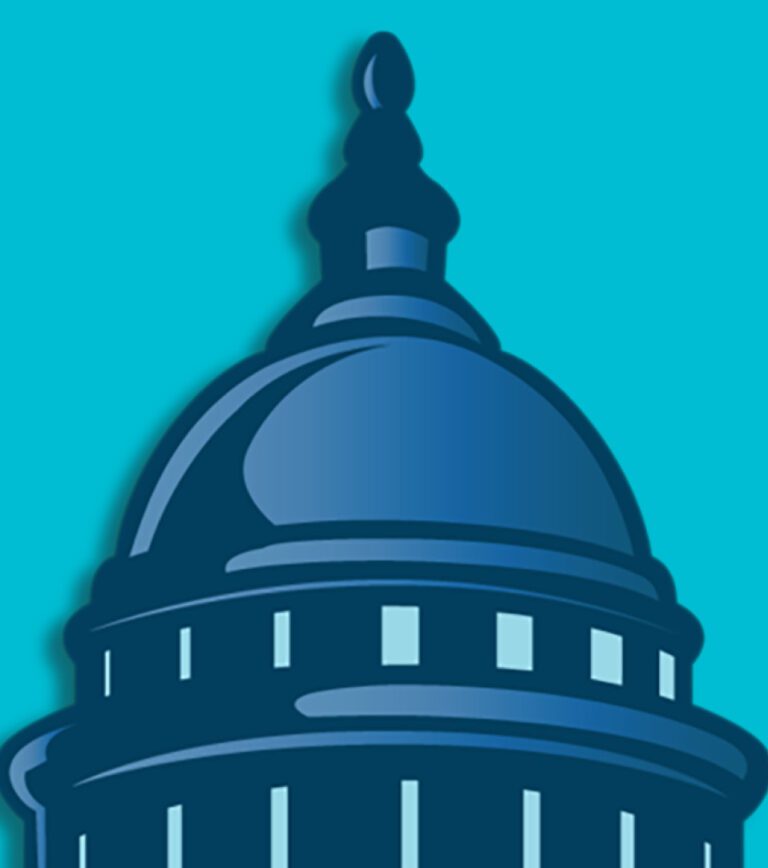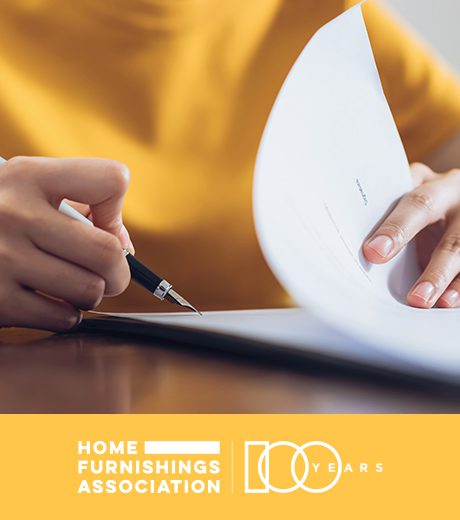As the political and economic landscape shifts in 2025, the newly enacted One Big Beautiful Bill Act (OBBBA) draws close attention from home furnishings retailers nationwide. President Trump signed into law on July 4, sweeping legislation bundling tax reforms, trade adjustments, and regulatory changes that will directly and indirectly impact how retailers operate, source products, and engage with consumers. From the repeal of duty-free import thresholds to expanded tax deductions for business investments, the OBBBA presents opportunities and challenges for our industry. Here’s what home furnishings retailers need to know—and how to prepare.
Key OBBBA Provisions Affecting Home Furnishings Retailers
-
Permanent Extension of 2017 Tax Cuts
The OBBBA makes permanent the individual and business tax cuts initially enacted under the 2017 Tax Cuts and Jobs Act. For home furnishings retailers, this includes:
- Lower corporate tax rates can enhance after-tax profits.
- Expanded expensing provisions, allowing for immediate deduction of investments in short-lived assets, such as store fixtures and equipment.
- Increased Section 179 deduction cap to $2.5 million, benefiting small and medium-sized retailers investing in their operations.
These tax changes aim to give retailers greater financial flexibility to invest in growth and modernization.
-
State and Local Tax (SALT) Deduction Cap Increase
The legislation raises the SALT deduction cap from $10,000 to $40,000 for taxpayers earning less than $500,000, effective for five years. This change is particularly relevant for retailers in high-tax states, potentially increasing disposable income for consumers and stimulating demand for home furnishings.
-
Repeal of De Minimis Entry Privilege
The OBBBA repeals the de minimis entry threshold, which previously allowed imports valued under $800 to enter the U.S. duty-free. This repeal means that all imported goods, regardless of value, are now subject to tariffs and customs procedures. Home furnishings retailers relying on low-cost imports may face increased costs and administrative burdens.
-
Phase-Out of Clean Energy Tax Credits
The bill phases out many clean energy tax incentives introduced under the Inflation Reduction Act, including credits for energy-efficient appliances and building materials. Retailers specializing in eco-friendly home furnishings may experience a shift in consumer demand as these incentives diminish.
-
Labor and Workforce Provisions
The OBBBA includes provisions that could indirectly affect the labor market:
- Expanded work requirements for Supplemental Nutrition Assistance Program (SNAP) recipients, potentially increasing the labor pool.
- Adjustments to Medicaid eligibility may influence employee healthcare coverage decisions.
Retailers should monitor these changes, which may impact staffing and employee benefits strategies.
Strategic Considerations for Retailers
To navigate the implications of the OBBBA effectively, home furnishings retailers should consider the following actions:
- Review Supply Chains: Assess the impact of the de minimis repeal on import costs and explore alternative sourcing strategies.
- Evaluate Tax Strategies: Consult with tax professionals to leverage new deductions and plan for long-term tax obligations.
- Adjust Marketing Approaches: Highlight products that align with the new tax incentives and address changes in consumer purchasing power.
- Monitor Labor Market Trends: Stay informed about workforce shifts resulting from changes in social programs and adjust recruitment and retention strategies accordingly.
The One Big Beautiful Bill Act (OBBBA) introduces significant changes shaping home furnishings retailers’ operational and financial landscape. By proactively adapting to these developments, retailers can position themselves for sustained success in a transforming market.
Stay connected, stay prepared, and count on HFA to keep you informed every step of the way.
